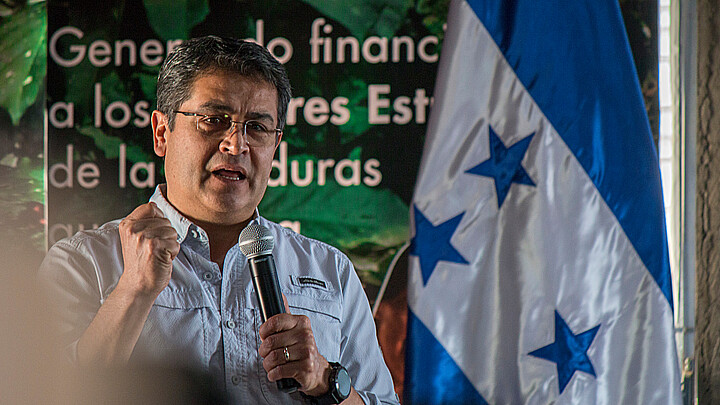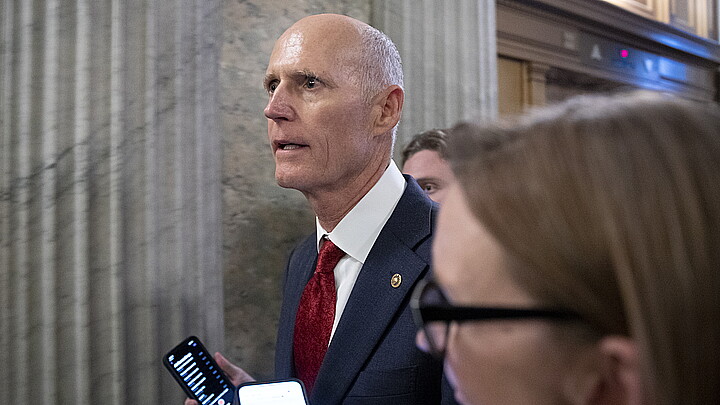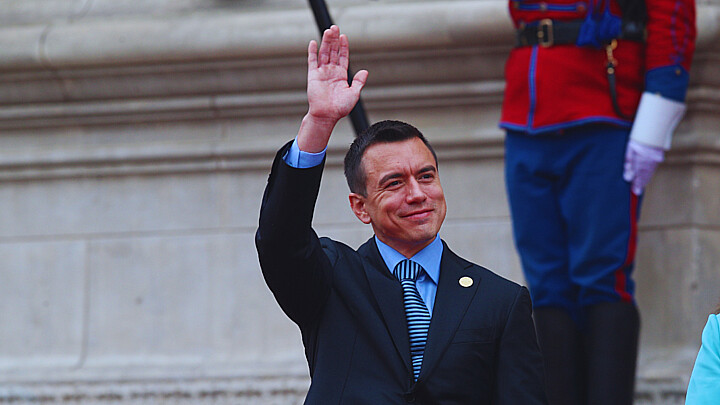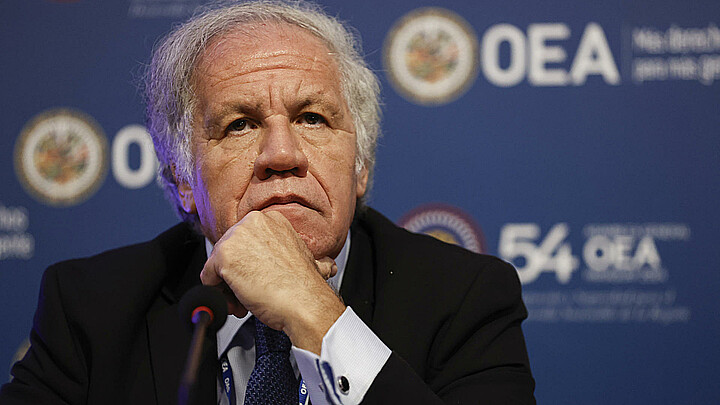Politics
Haiti's civil unrest is financed by economic interests, says a top Biden aide
“These are people that often don’t even live in Haiti, who have mansions in different parts of the world," he said

September 21, 2022 8:22am
Updated: September 21, 2022 2:17pm
A top aide in the Biden administration dealing with Latin America and the Caribbean said on Monday that Haiti’s violent protests are being “financed by economic actors who stand to lose money.”
Juan Gonzalez, the National Security Council’s Senior Director for the Western Hemisphere and special assistant to President Joe Biden, said many individuals in the country are opposed to the reduction in $400 million in fuel subsidies, reported the Miami Herald.
“These are people that often don’t even live in Haiti, who have mansions in different parts of the world, and are paying for people to go into the streets,” Gonzalez said during an appearance on Monday at the Washington, D.C.-based United States Institute of Peace. However, he did not name the “actors” that are allegedly financing the violence.
This week Interim Prime Minister Ariel Henry said the country could no longer afford to subsidize gasoline, kerosine, and diesel. To deal with the problem, Henry announced a price hike, in which the prices of fuel will skyrocket and even double in price. As a result, protests and civil unrest spread throughout the country last week.
Gonzalez said that there is no easy fix for Haiti, adding that the Biden administration is focused on bringing credibility through dialogue so that aid can reach the Haitian population.
“There really is not an easy fix in Haiti. I also think that just leaving it up to Haitians to resolve their problems, I think ignores the really, really concerning and deteriorating situation inside the country,” he said.
“The reality right now is, how can you have elections in Haiti? I mean, it’s not our call but... right now if you have an election maybe 5% of the people will vote. As in the past, you’ve had leaders come in with 10% of the vote. Is that legitimacy?”
Gonzalez said that while there is a lot of U.S. aid being sent to Haiti, the communities in need are not receiving the help because gangs control the roads and the communities themselves.
Haiti has been plagued with gang violence since President Jovenel Moise was assassinated last year, leaving a political vacuum and non-ending turf wars by gangs seeking to gain control of more territory. As a result, hundreds of innocent civilians have been killed and many others displaced.
“The gang element is one that is evolving and increasingly concerning. Whereas gangs used to be a national phenomenon, as they’ve grown, they have concentrated in urban areas and they control mobility corridors,” he said.
“I don’t think anybody, including Haitians, wants to get to the point of having a return of a United Nations peacekeeping force,” Gonzalez said. “So the question, short of that, is what is something we can do?
“There is not going to be any approach that is going to lead to a short-term solution or help for Haiti,” he continued.










